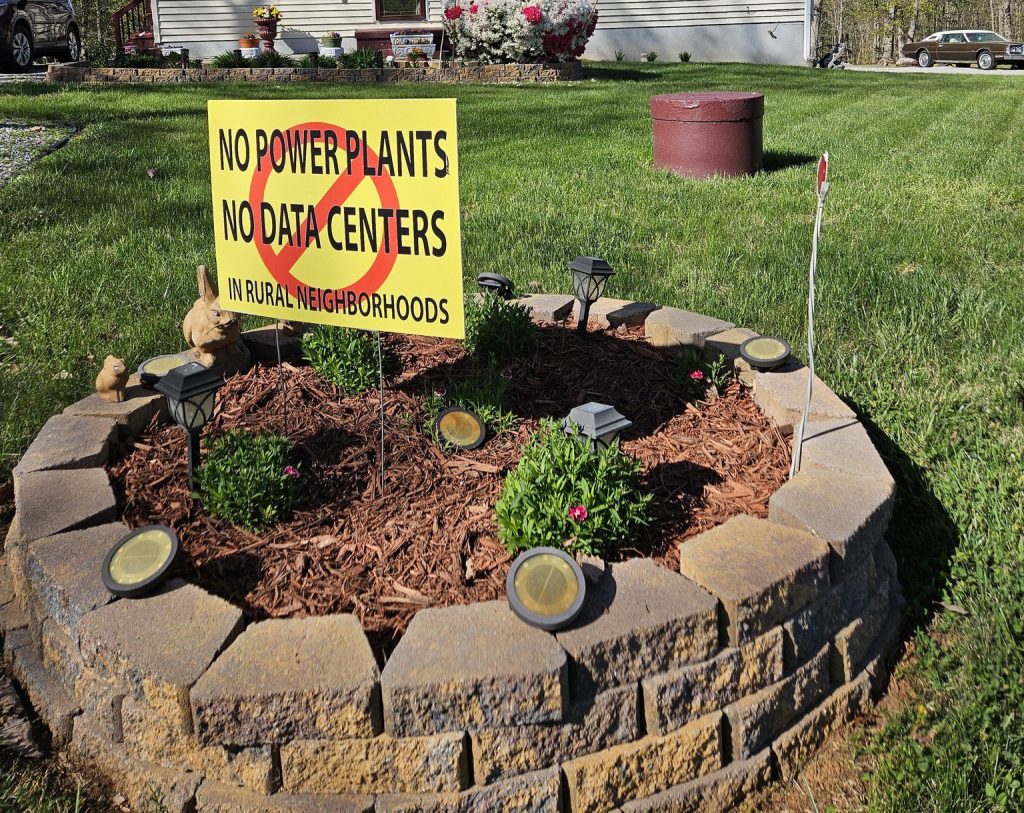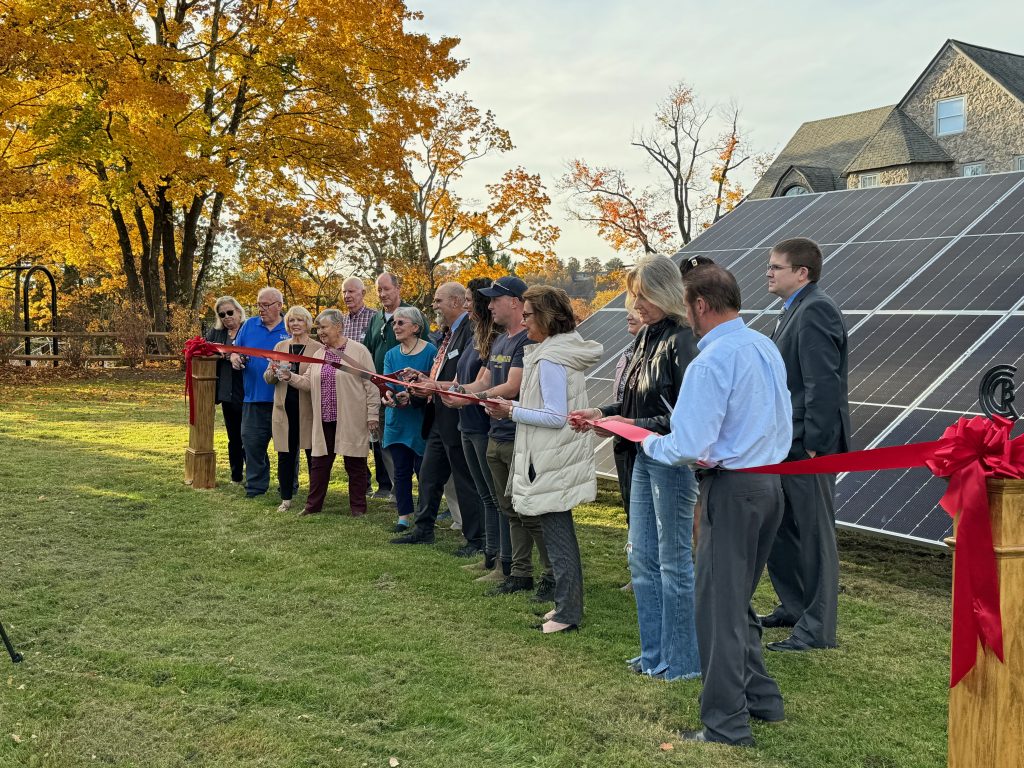Donetta’s Christmas cheer
From there, Donetta Blankenship kicks back at life. At 39, her failing liver struggles to eliminate the toxic levels of heavy metals in her system.
Courage, John Wayne said, is being scared to death – and saddling up anyway. This Christmas, that’s exactly what Blankenship is doing.
“With my liver problem, I just wonder if I’m going to be there for my kids, and it really scares me,” she said. “I just want to make sure that they get a few things that they would like to have. I would like to be able to figure out some way of getting them what they want. Right now, I don’t see how I could.” Among other things, she’d like them to have their health. Blankenship would like hers, too.
Hospitalized twice this year with a liver ailment that almost killed her, since moving to Rawl, WV. five years ago her immediate family has been continuously sick. Her ailments include difficulty breathing, rashes and boils, stomach trouble. All her husband’s teeth have fallen out. Migraine headaches, nausea, and sleeplessness persist in their household. Blankenship contends it is due to hydrogen sulfide gas coming into the house, and contaminated water from her faucets.
“Back when I was in the hospital this last time, they found out that I had so much copper in my body. Now, I know I wasn’t sitting around eating pennies,” she laughed, her orange- and red-headed parrot, Molly, cackling away in the background.
“She clucks like a chicken,” Blankenship says with a giggle, then tells me all about Bonnie, the family’s grey, green and yellow parrot, and Claudia, their cockatiel. She tells me stories about what they do and don’t do. For instance, Molly doesn’t smoke or drink. Neither do Bonnie, or Claudia.
Blankenship became an international legend last May when she went to the United Nations in New York City to tell its Commission on Sustainable Development about the effects of mountaintop removal and valley fill from coal mining. It was her first time outside of West Virginia.
Just as Rev. Dr. Martin Luther King, Jr. had his “I Have a Dream” speech, Blankenship in New York City delivered what has been talked about around the world – yes, around the world – as her “I Know I’m A Nobody” speech.
According to Gunnar Boye Olesen, co-secretariat for the International Network for Sustainable Energy based in Denmark, it is still talked about with pride and affection.
“It was a defining moment for me,” said Steve Owens, president of Appalachian Coalition for Just and Sustainable Communities, located in Boone, N.C.
Blankenship said, “I just went there to tell my story, and to tell them what the coal mining and slurry stuff can do,” she said.
“It definitely raised awareness, especially among non-governmental groups,” said political strategist Jeffrey Barber, executive director of the Integrated Strategies Forum in Rockville, Md.
The legend goes like this: When it was her turn to speak to the UNCSD’s energy caucus, Blankenship stood up and said, “I’m a nobody compared to all of you in this room, but this isn’t right,” referring in part to mountaintop removal and related waste disposal. Everybody froze and Chairwoman Annie Wilson interrupted. “Everybody in this room is somebody,” she said, stunning Blankenship. Until then, Blankenship felt invisible in the crowd. Regaining her composure and thinking of her family, Blankenship spoke quietly.
“If it weren’t for the grace of God I wouldn’t be here now,” she said, pointing to pictures of her children screened onto her t-shirt. Then she told about her failing liver, that her doctors say she has too much metal in her system and her liver can’t clear it out.
The metals are from coal sludge laden with heavy metals including lead, arsenic, manganese, barium, and magnesium, which were introduced into Rawl’s water supply by local coal mining operations, she says.
The water in her toilet is often black, and the air in her home is saturated with hydrogen sulfide, a gas the International Programme on Chemical Safety has reported can lead to excess fluid in the lungs, respiratory failure, collapse, headache, nausea, sleeplessness, grave illness, and potentially death. The IPCS is a collaborative venture of the United Nations Environment Programme, the International Labour Organization, and the World Health Organization.
This story is also known as The Liberation of Donetta Blankenship because the booming applause after her speech gave her the courage to deliver a jar of Rawl water to Wilbur Ross, Jr., non-executive chairman of the board of International Coal Group, Inc. at his apartment in New York City. Until then, she would have let someone else do that.
It was the sort of inspiring moment that in reflection gives Blankenship strength and good cheer today. We talk about that.
“People see I have more strength and tell me I’m tougher than I realize. I don’t feel like I’m tougher. And everybody I talk with really makes me feel like I’m somebody. They do.
“I think what I’m saying probably isn’t going to help nobody. But I do know I have a lot of confidence in myself,” she says.
I tell Blankenship she is a cheerful woman, and she agrees. That puts her in company with the great opera star, Beverly Sills, who said there is a difference between happy people and cheerful people.
“I have had extreme highs and lows in my life,” Sills said. “You have no choice but to go on. What’s the alternative? So many people in my family depend on my good cheer. I always said I’m not a happy woman, but a cheerful woman. A happy woman has everything going for her. A cheerful woman doesn’t have everything going for her, but manages to be cheerful in spite of it. It’s so boring to be a whiner.”
Related Articles
Latest News
More Stories

Leave a comment
Your email address will not be published. Required fields are marked *




